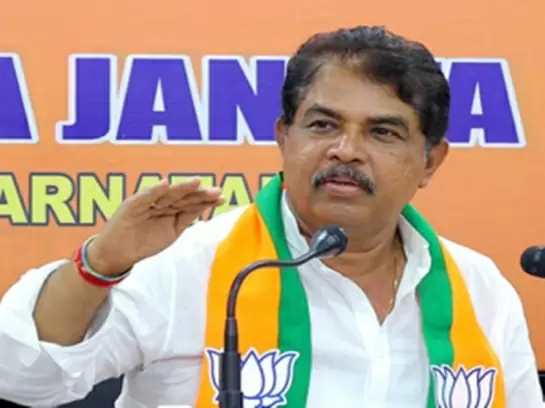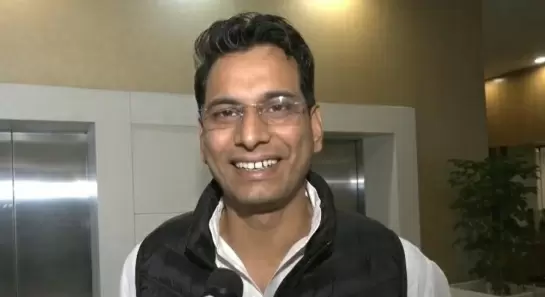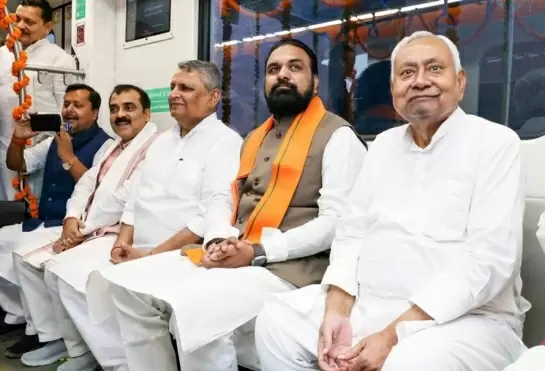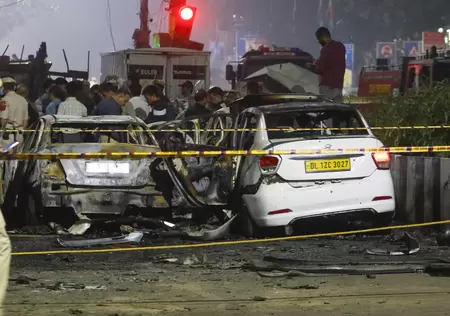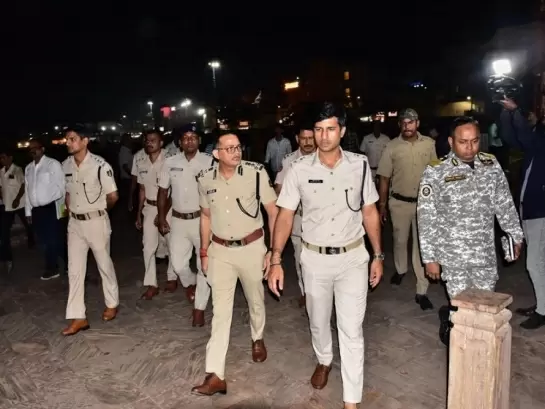Judge, counsel have some words on Ayodhya witness's claim
19-September-2019
A pointed query by a Supreme Court judge on Thursday, seeking clarification on the statement of a witness who deposed claiming to have witnessed worship of Lord Ram at the disputed structure prior to 1949, led to an aggressive reply from the Muslim parties' counsel.
The Nirmohi Akhara, one of the parties in the lawsuit, had claimed no regular namaz was offered at the disputed structure since 1934. Muslim parties told the court there was no documentary evidence on record to show that disputed structure was not being used as a mosque between 1934 and 1949. They cited the agreement between the imam and the trustee where the latter was paying certain amount to the former.
Justice Ashok Bhushan queried senior advocate Rajeev Dhavan, appearing for the Sunni Central Waqf Board, a witness had deposed that in December 1935 he had gone to Ayodhya along with his uncle when he was 12-13 years old and had the darshan at the Ram Janmabhoomi and other temples.
"When I first visited the Ram Janmabhoomi premises, the entire area appeared to me like a temple. In between 1935 and 1949, whenever I went to Ram Janmabhoomi temple, I had darshan of deity at all religious places, like Ram Chabutra, Chhaatthi worship place and Sita Rasoi. We also had darshan and made offerings to the deity at the sanctum sanctorum through grills. We kept the offerings near the grill", said the statement recorded as part in the Allahabad High Court judgement.
Dhavan said the witness was only 12-13 years old and his statement didn't hold any sanctity. It was also not a plausible evidence, as he was told this by his uncle, he submitted.
According to the Muslims parties to the dispute, idols were placed in the inner courtyard on the intervening night of December 22-23, 1949. Hindus prayed at the Ram Chabutra in the outer courtyard and no prayers were offered in the inner courtyard, they argued.
Justice Bhushan insisted that in his reply Dhavan should refer to the statement of this witness where he clearly mentioned having seen the deity at the birthplace in 1935. "I can see some kind of aggression in your statement," Dhavan replied to Justice Bhushan in a strong tone.
When Dhavan insisted that he was not twisting facts, Justice Bhushan said it was not about twisting facts rather being factually accurate.
Counsels of the Hindu parties criticised Dhavan's conduct in the court. The Chief Justice quipped that his brother judge hailed from the north-west part of the country and was not threatened. Appreciating Dhavan's command over history, Justice Gogoi asked him to continue with arguments. Dhavan apologised to the Bench and the Hindu parties' counsels.
Dhavan discredited the witness saying his evidence came after 1989 and it was in consonance with suit 5 filed by Devki Nandan Agarwal, claiming to be the next friend of the deity. He referred Agarwal as self-styled next friend.
"How can he be next friend? He never gave assistance to the temple", said Dhavan insisting Agarwal was appointed to the Ram Janmabhoomi Nyas. He told the court the Nyas movement started in 1985.
In the post-lunch session, Dhavan was supposed to continue his arguments on the inscription on the Babri Masjid mosque, but the Constitution Bench cancelled the hearing. It was learnt that the Chief Justice was feeling a bit unwell.
The arguments will continue on Friday. The arguments are slated to be concluded by October 18.IANS
Red Fort Blast: NIA Sets Up Special Team Led By ADG Vijay Sakhare
Red Fort Blast Linked To JeM, AGH Module; Key Suspect Umar Killed
Umar Key Suspect In Red Fort Blast; Suicide Bombing Angle Emerges
Red Fort Car Explosion Leaves 10 Dead; Terror Angle Suspected
Car Blast Near Red Fort Metro; Multiple Vehicles Catch Fire





